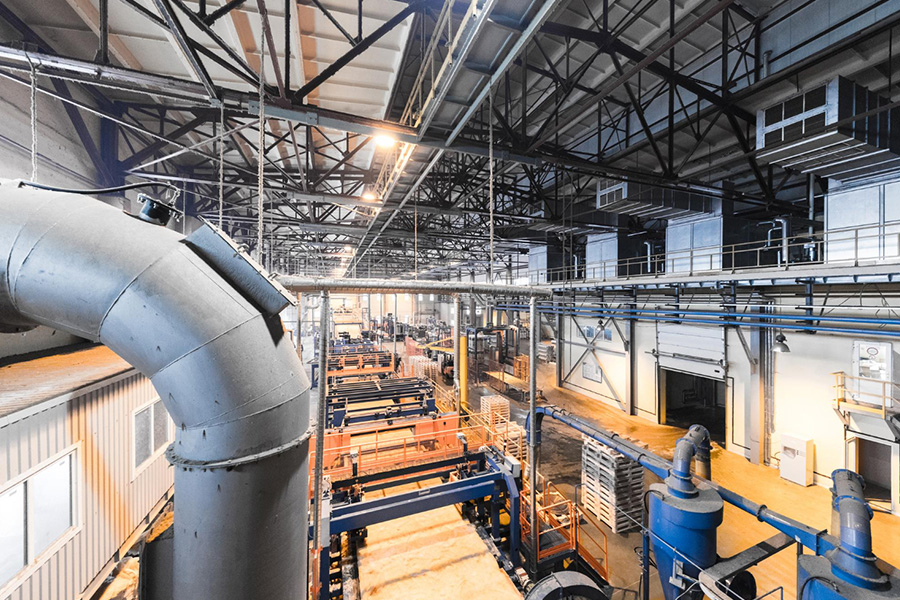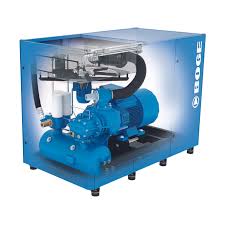Introduction
In the world of industrial operations, the efficient handling of abrasive and viscous materials is paramount. Slurry pumps, designed to transport mixtures of liquids and solids, play a crucial role in a wide range of industries, including mining, construction, and wastewater management. This blog post explores the essential role of slurry pumps, their diverse applications, and the benefits they bring to industrial processes.
Understanding Slurry Pumps
Slurry pumps are robust, heavy-duty pumps specifically engineered to handle abrasive, corrosive, and high-density slurries. These pumps are built to withstand the rigours of transporting solid-liquid mixtures, making them indispensable in industries where conventional pumps would quickly fail.
Key Features of Slurry Pumps
1. Durability:
Constructed with materials that resist wear and corrosion, slurry pumps are designed to handle harsh and abrasive substances.
2. High Efficiency:
These pumps are capable of moving large volumes of slurry at relatively low energy costs, making them both effective and economical.
3. Versatility:
Slurry pumps come in various types, including centrifugal, positive displacement, and submersible pumps, each suited to different applications and slurry characteristics.
Applications of Slurry Pumps
1. Mining and Mineral Processing
Ore Transport:
Slurry pumps are essential for transporting ore slurry from mining sites to processing plants, ensuring continuous and efficient operation.
Tailings Management:
These pumps handle tailings, the by-products of mineral processing, transporting them to disposal sites and helping manage waste.
2. Construction and Civil Engineering
Dredging Operations:
In construction, slurry pumps are used for dredging activities, such as removing sediment from waterways and preparing sites for infrastructure development.
Concrete Pumping:
Slurry pumps facilitate the mixing and transportation of concrete, ensuring precise placement and consistency.
3. Wastewater Treatment
Sludge Transport:
In wastewater treatment plants, slurry pumps are used to transport sludge, which contains a mixture of water and solid waste, to treatment facilities.
Chemical Handling:
These pumps handle chemicals used in the treatment process, ensuring they are effectively mixed and transported.
4. Chemical and Petrochemical Industries
Processing Slurries:
Slurry pumps are used to transport and process slurries in chemical manufacturing, ensuring the smooth handling of corrosive and abrasive materials.
Waste Handling:
They are also employed in the handling and disposal of waste by-products, maintaining a clean and efficient operation.
Benefits of Slurry Pumps
1. Operational Efficiency
Continuous Flow:
Slurry pumps are designed for continuous operation, ensuring uninterrupted transport of materials and minimising downtime.
Reduced Energy Consumption:
Advanced designs allow for efficient energy use, lowering operational costs and improving overall efficiency.
2. Cost-Effective Solutions
Longevity and Durability:
Built to handle tough materials, slurry pumps have a longer lifespan compared to standard pumps, reducing the frequency of replacements and maintenance costs.
Lower Maintenance Requirements:
Their robust construction means less frequent maintenance is needed, further cutting down on operational expenses.
3. Enhanced Productivity
High Throughput:
Slurry pumps can move large volumes of material quickly, increasing the productivity of industrial processes and ensuring timely project completion.
Reliable Performance:
Consistent and reliable operation ensures that critical processes are maintained without disruption, enhancing overall productivity.
4. Environmental Benefits
Efficient Waste Management:
By effectively transporting and processing waste materials, slurry pumps help minimise environmental impact and support sustainable operations.
Reduced Emissions:
The efficiency of slurry pumps contributes to lower energy consumption, reducing the carbon footprint of industrial operations.
Choosing the Right Slurry Pump
When selecting a slurry pump for your application, consider factors such as the type of slurry, the required flow rate, and the specific conditions of your operation. Consulting with experts can help ensure you choose the pump that best meets your needs and maximises the benefits to your operation.
Conclusion
Slurry pumps are a cornerstone of modern industrial operations, offering unmatched efficiency, durability, and versatility. From mining and construction to wastewater treatment and chemical processing, these pumps enable the efficient handling of challenging materials, driving productivity and cost savings. As industries continue to evolve, the role of slurry pumps will remain crucial in supporting sustainable and effective operations.




